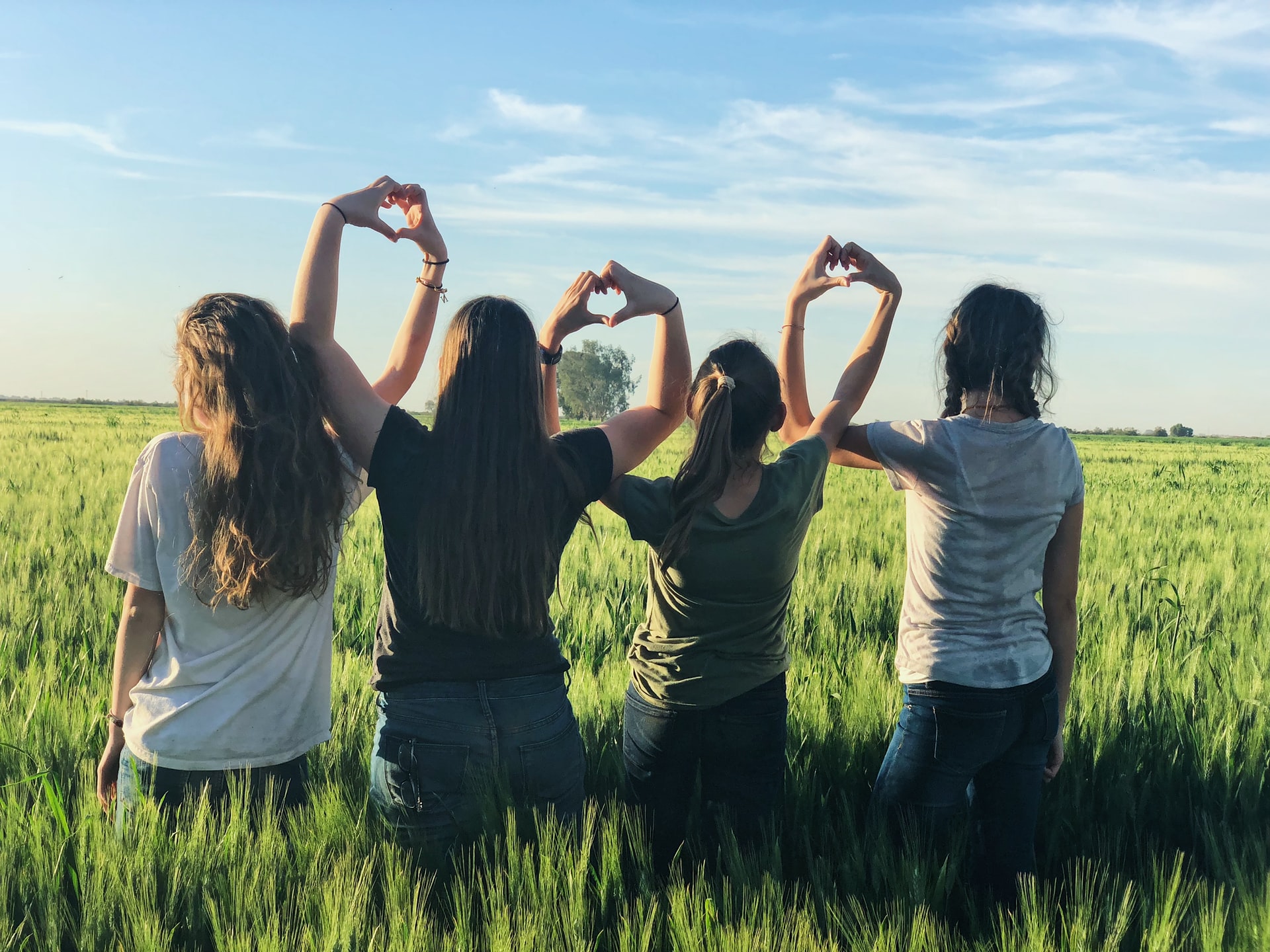Almost all of us have an idealized idea of ourselves, we think we are naturally good and make little effort to measure up. It seems that as individuals we waste too much time navel gazing and don’t look up to understand what we truly need as a society, believing it is enough to donate a couple of things we no longer need. .
When the pandemic started, everyone’s thoughts seemed to be directed toward collective welfare. Many people talked about how they wept at the outpouring of solidarity on social media, others envisioned a better future where, in theory, the pandemic would positively change the inner selves of humans. Later, we began to distinguish a more marked selfishness, with people fighting only for their own benefit and ideas, deliberately ignoring the needs of others.
Emile Durkheim’s theory of social solidarity allows us to reflect on the type of society we are building. This model shows solidarity from the point of view of the common good and social cohesion, and not only from isolated facts. In addition to analyzing social welfare, it also functions as a warning mechanism about what is happening in society.
Media cases that make us think about solidarity
Earlier this year, a photograph of a young indigenous man carrying his father on his back went viral. The young man walked for 6 hours through the Brazilian jungle so that he and his father could receive the vaccine against Covid-19. The photograph touches me in a very personal way, my father died of Covid in 2021 before he could receive his vaccine.
Indigenous communities respect their laws, knowing that it is the way to preserve their culture. In addition to their commitment to immunization, the Zo’é people in northern Brazil used millenary strategies to avoid contagion. From the beginning of the pandemic, they divided into groups and used different routes so as not to cross paths with each other.
Meanwhile, modern societies, of which we are a part, are immersed in discussions about individual good and bad, without many people caring about what happens to the collective.
A few weeks ago, a user on social networks called actress Abigail Breslin a pathetic loser for wearing a face mask in public; later; the same user referred to Abigail’s father as a weakling for having died from Covid. In both the photograph of the young indigenous man and the unfortunate comment, we can see two sides of life in society.
The theory of social solidarity
Sociologists Chinmayee Mishra and Navaneeta Rathb wrote the scientific article Social Solidarity During A Pandemic: Through And Beyond Durkheimian Lens, in which they relate current events to Emile Durkheim’s theory of solidarity. There, they wondered about the importance of solidarity during a public health emergency.
“In context of the present pandemic Covid-19, the theory of social solidarity by Durkheim can be reflected upon to reduce social distance, social exclusion, and stigmas which are generating due to health risks, prejudices, apprehensions, and rumors that rupture social integration,” the authors state.
A gesture that captures social altruism is the use of masks
According to Mishra and Rathb, a gesture that captures social altruism is the use of masks. “Although the extent of effectiveness of using masks is unknown, people are still using [them], not just for personal protection but also for not transmitting the infection (if at all present) to others.”
In their work, they also explain how people have confused the terms social distancing, which is important to reduce contagion, and the term social distance, which has to do with the separation of individuals, prejudice, xenophobia and lack of empathy.
The fear of contracting the virus and dying stimulated prejudices to a significant degree. “Since the COVID-19 originated in China, it spiked hatred and xenophobic attitudes towards Chinese nationals,” Mishra and Rathb note.
Surveys revealing prejudice
Early in the pandemic, the School of Public Health at Seoul National University in South Korea conducted a survey to study societal concerns. 62% of respondents were more afraid of the social implications of having Covid or similar symptoms than of the danger of the virus.
Another study recently released by the U.S. National Institutes of Health demonstrates stigma, xenophobia, and resentment toward minorities in the pandemic time. Among minority groups, 22.1% of respondents experienced discrimination, threats, harassment, or insults. Among them, people of Asian origin reported the highest number of discriminatory behaviors, reaching 30%.
Mishra and Rathb have reflected on the need to develop a collective consciousness to fight exclusion and individualism. Damage containment will depend on collective efforts and empathy because, from this vision, the welfare of the greatest number of people is considered.
Image credit: Melissa Askew

